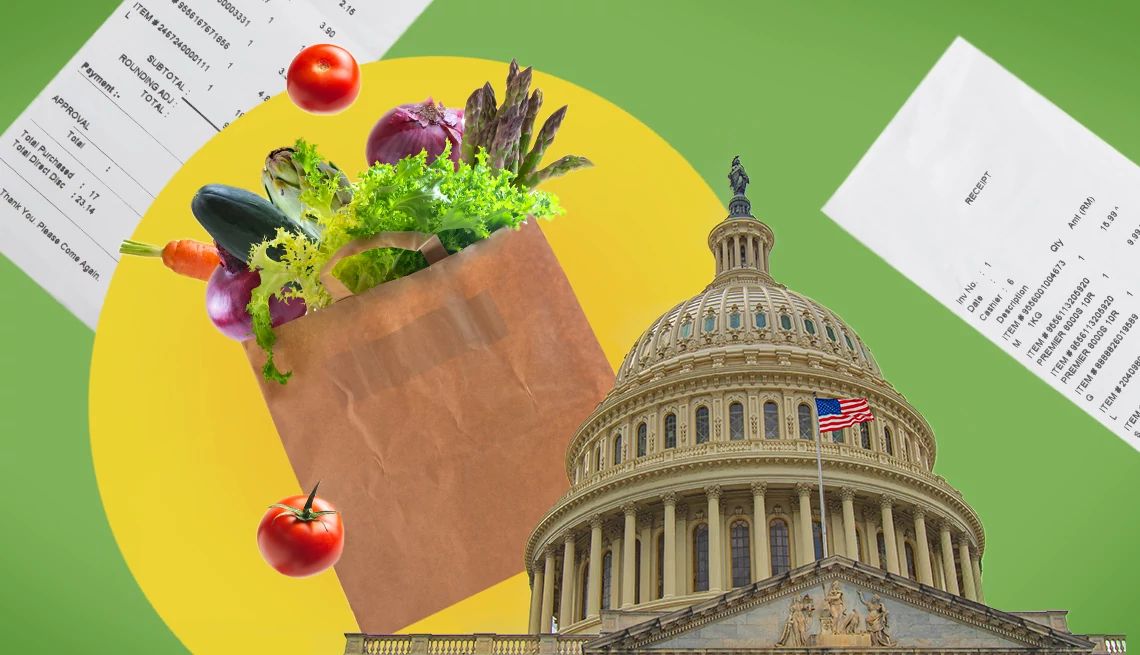AARP Hearing Center


The government has reopened Feb. 3 following a brief partial shutdown after President Trump signed a federal spending bill into law, restoring funding through September for a handful of federal agencies whose budgets expired on Jan. 31.
The latest shutdown was the second in less than three months after the government shuttered for more than a month in October, disrupting a number of public services older adults rely on.
This time, lawmakers were able to come to an agreement after just a few days, signaling a much quicker resolution despite ongoing debate about funding for the Department of Homeland Security.
In this case, the brief lapse in funding did not affect food aid for millions of low-income older adults who rely on them to afford groceries.
Low-income households that rely on the Supplemental Nutrition Assistance Program (SNAP) experienced a lapse in benefits in November as a result of a 43-day shutdown, which began Oct. 1 after congressional lawmakers were unable to agree on a budget deal or pass stopgap spending measures.
Many older adults had to resort to food pantries to keep from going hungry during the weeks-long stretch.
Join Our Fight to Protect Older Americans
Here’s what you can do to help:
- Sign up to become an AARP activist for the latest news and alerts on issues you care about.
- Find out more about how we’re fighting for you every day in Congress and across the country.
- AARP is your fierce defender on the issues that matter to people 50-plus. Become a member or renew your membership today.
This time, however, SNAP benefits will be paid as normal. On Nov. 12, President Trump signed a spending bill that secured funding for SNAP and a number of other federal programs for the remainder of the fiscal year, which runs through September 2026.
But future shutdowns may once again create delays.
The U.S. Department of Agriculture (USDA), which oversees SNAP, warned in a memo last fall that benefits could be impacted if funding lapses again after Sept. 30, 2026.




































































More From AARP
Will a Shutdown Delay Social Security?
Some services would be affected, but benefit payments would go on
How a Government Shutdown Affects Medicare
Recipients will still get care. Some services may slow, end
Impact of a Government Shutdown on Services
Learn about the impact on federal benefits and services crucial to older Americans